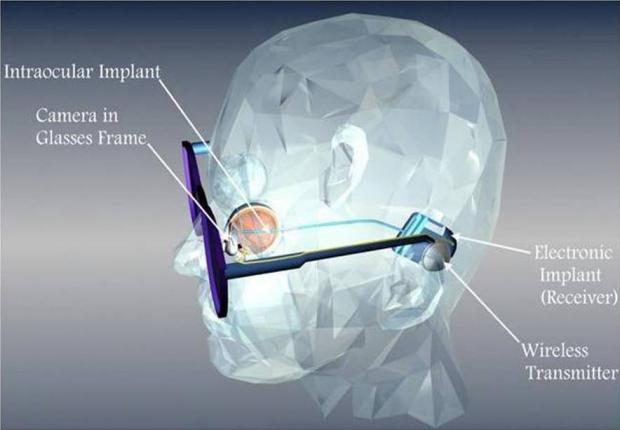
Breaking News
 Wash Post Editorial Board Turns Against Climate Agenda?!
Wash Post Editorial Board Turns Against Climate Agenda?!
 One Year Ago I Predicted and Described in Detail Huge Mars AI Plans that Elon Musk Confirmed...
One Year Ago I Predicted and Described in Detail Huge Mars AI Plans that Elon Musk Confirmed...
 British Teachers To "Spot Misogyny" In Boys And Target Them For Reeducation
British Teachers To "Spot Misogyny" In Boys And Target Them For Reeducation
 Democrats Refuse To Release Post-Mortem Of 2024 Election Loss, DNC Chair Says
Democrats Refuse To Release Post-Mortem Of 2024 Election Loss, DNC Chair Says
Top Tech News
 This tiny dev board is packed with features for ambitious makers
This tiny dev board is packed with features for ambitious makers
 Scientists Discover Gel to Regrow Tooth Enamel
Scientists Discover Gel to Regrow Tooth Enamel
 Vitamin C and Dandelion Root Killing Cancer Cells -- as Former CDC Director Calls for COVID-19...
Vitamin C and Dandelion Root Killing Cancer Cells -- as Former CDC Director Calls for COVID-19...
 Galactic Brain: US firm plans space-based data centers, power grid to challenge China
Galactic Brain: US firm plans space-based data centers, power grid to challenge China
 A microbial cleanup for glyphosate just earned a patent. Here's why that matters
A microbial cleanup for glyphosate just earned a patent. Here's why that matters
 Japan Breaks Internet Speed Record with 5 Million Times Faster Data Transfer
Japan Breaks Internet Speed Record with 5 Million Times Faster Data Transfer
 Advanced Propulsion Resources Part 1 of 2
Advanced Propulsion Resources Part 1 of 2
 PulsarFusion a forward-thinking UK aerospace company, is pushing the boundaries of space travel...
PulsarFusion a forward-thinking UK aerospace company, is pushing the boundaries of space travel...
 Dinky little laser box throws big-screen entertainment from inches away
Dinky little laser box throws big-screen entertainment from inches away
 'World's first' sodium-ion flashlight shines bright even at -40 ºF
'World's first' sodium-ion flashlight shines bright even at -40 ºF
Scientists Have Developed The World's First Soft Tissue Synthetic Retina

Researchers have created the world's first artificial retina using soft synthetic tissue, which they say could be used to develop a new generation of less-invasive bionic eye implants in the future.
Made from a combination of water-based hydrogel droplets and light-sensitive proteins, the synthetic retina is designed to mimic the functionality of its biological counterpart while existing in harmony with the tissue that makes up the rest of the inner eye.
"The human eye is incredibly sensitive, which is why foreign bodies like metal retinal implants can be so damaging, leading to inflammation and/or scarring," says chemical biologist Vanessa Restrepo-Schild from the University of Oxford in the UK.



